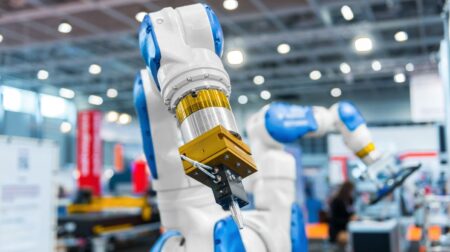Researchers from Heriot-Watt University in Edinburgh have partnered with a team from the University of Maryland in the USA to develop a new AI-powered method to estimate electric battery health.
Smart Systems Group and the Center for Advanced Life Cycle Engineering (CALCE) are working to develop an electric vehicle battery appraisal method that discounts operating conditions and battery design or chemistry.
It will feed AI algorithms with the raw battery voltage and current operational data. It has been designed to evaluate battery health without interrupting the operation of the battery and to prevent a lengthy procedure of charge-discharge, which requires specialised equipment.
In their report, titled Machine Learning Pipeline for Battery State-of-Health Estimation, Darius Roman, a PhD student who designed the AI framework, said: “To date, the progress of data-driven models for battery degradation relies on the development of algorithms that carry out inference faster.
“Whilst researchers often spend a considerable amount of time on model or algorithm development, very few people take the time to understand the engineering context in which the algorithms are applied. By contrast, our work is built from the ground up.
“We first understand battery degradation through collaborations with the CALCE group at the University of Maryland, where in-house degradation testing of batteries was carried out.
“We then concentrate on the data, where we engineer features that capture battery degradation. We select the most important features and only then do we deploy the AI techniques to estimate battery health.”
The project also found that current data-driven models for battery health estimation do not consider model confidence. According to the team, this is often critical for decision-making to understand how the AI model came to a certain conclusion and whether the model can be trusted.
Thus, the proposed AI model is capable of quantifying uncertainty in its predictions, to better support operating decisions.
Valentin Robu, from Smart Systems Group, said: “Batteries are increasingly critical to a variety of applications, from robotics to renewable energy integration. A key challenge in these domains is having an accurate, high-confidence estimates of battery state of health.
“Consider, for example, a robotic asset operating in a remote environment such as deep subsea monitoring, where assuring the health of the battery deployed on the robot is mission-critical.
“Similarly, for energy applications, having an accurate estimate of the remaining useful lifetime of the battery is often critical to a project’s economic viability.”








